The 10 Best Stanley Kubrick Movies, Ranked
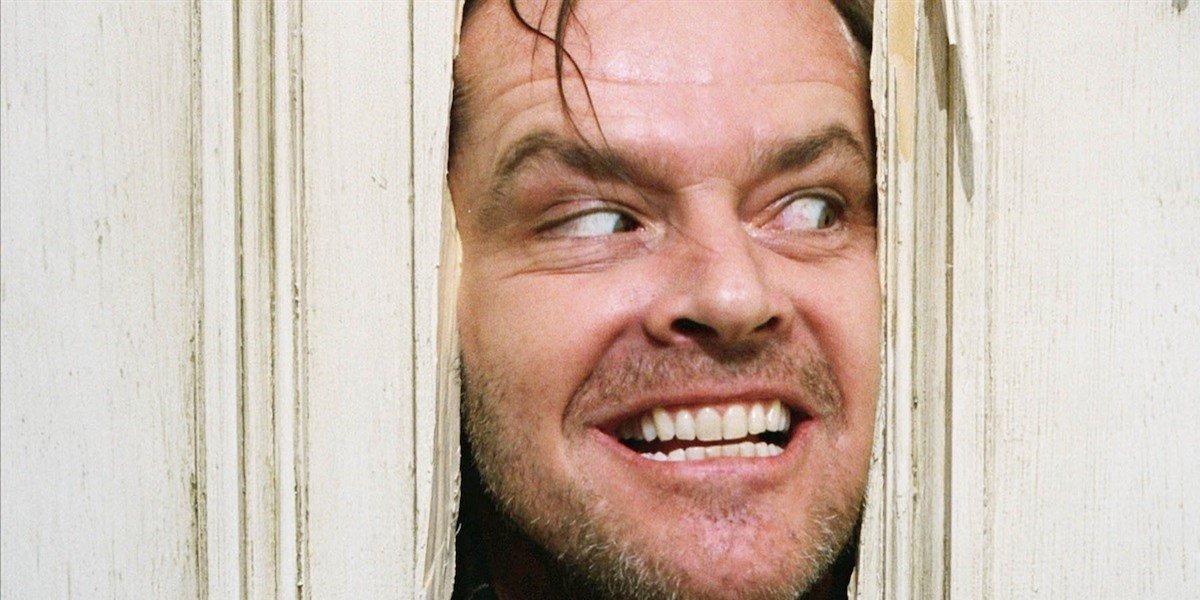
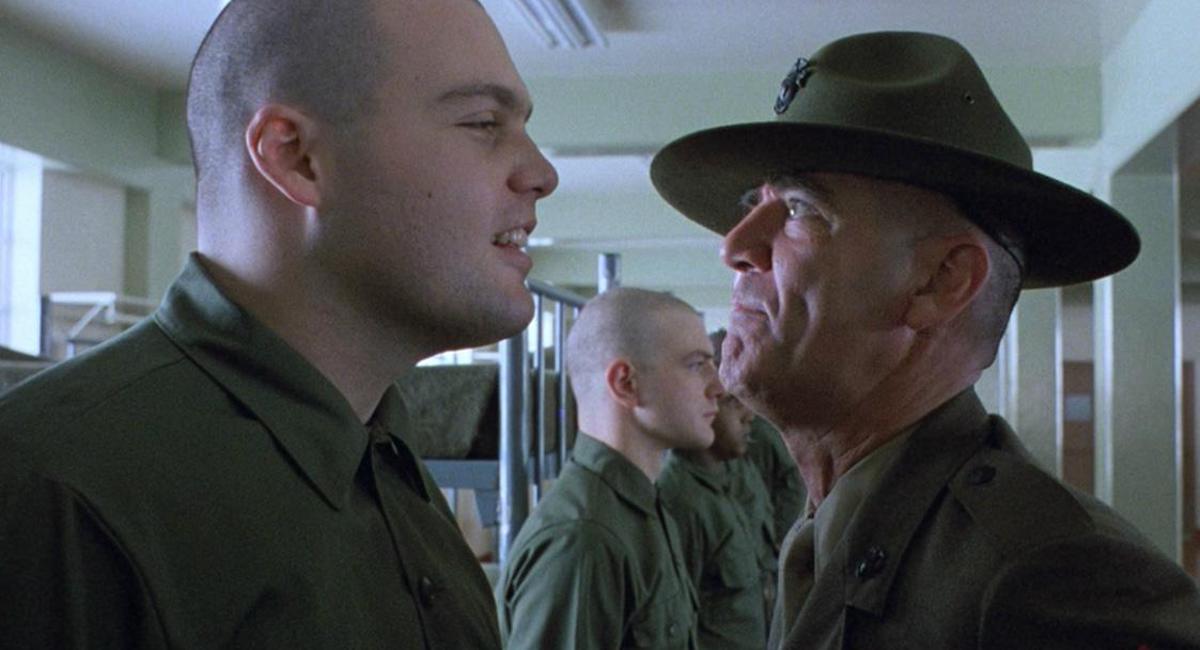
Stanley Kubrick may not be America’s most iconic director—that would probably be Steven Spielberg. Nor is he America’s favorite—that would probably be Tarantino or maybe even Martin Scorsese. But when it comes to America’s most revered and respected director, it’s probably Stanley Kubrick. You know his movies—Full Metal Jacket, A Clockwork Orange, 2001: A Space Odyssey. The freaking Shining. Anything with Kubrick’s name attached to it is pretty much prestige in cinematic form.
The question though, is out of his 13 feature-length movies, which were his very best. Any Kubrick aficionado knows that he was a perfectionist verging on being a madman, so it’s interesting to crawl inside his head every so often to pick apart his films. You may not put his films in the same order that we have, but really, you can’t go wrong with any Kubrick movie. They’re all masterpieces. With that being said, let’s take a trip into madness, shall we?
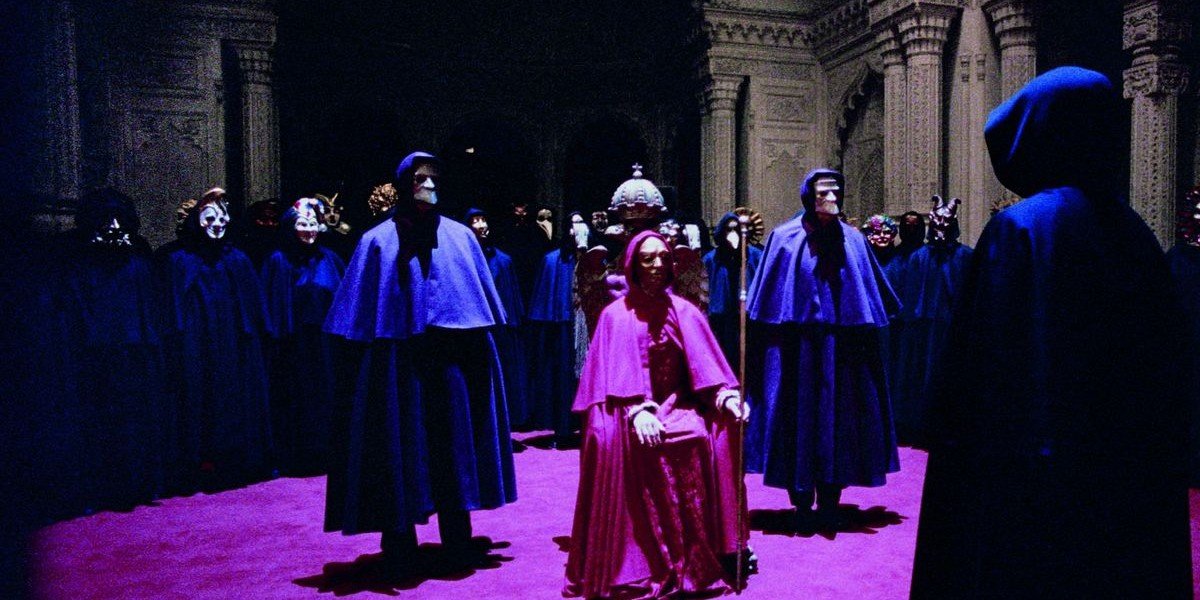
10. Eyes Wide Shut (1999)
Dying just six days after he showed his final cut to Warner Bros., Stanley Kubrick's last picture was Eyes Wide Shut (unless you count Spielberg’s love letter to Kubrick, A.I.). One of his best films, Eyes Wide Shut is the kind of film that few directors besides Kubrick could make palatable and even interesting. The story concerns one Dr. Bill Harford, played by Tom Cruise, who learns that his wife, Alice, played by Tom Cruise’s then-wife, Nicole Kidman, once considered having an affair. This sets Dr. Harford off and makes him go out to find a strange cultish group that engages in wearing masks and having orgies. It also takes place during Christmas, making it the sexiest Christmas movie ever.
Upon its release, Eyes Wide Shut was seen as a fitting swan song to the director's career, but not one of his best. But since then, it's been reappraised and it’s now considered top tier Kubrick. The film works well, but Kubrick tackled topics of obsession and isolation better in other pictures found higher on this list. Still, it's the work of a genius firing on all cylinders.
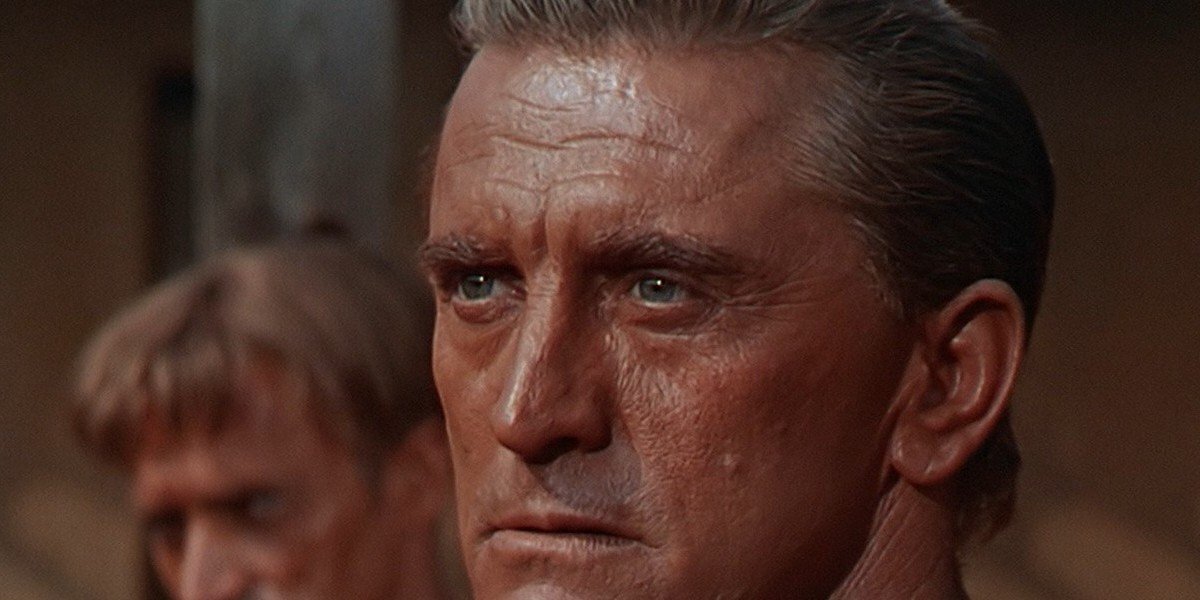
9. Spartacus (1960)
A lot of people tend to forget that Spartacus is a Stanley Kubrick picture. Maybe because it doesn’t really feel like a Stanley Kubrick picture, which makes sense since he didn’t have complete control over the film. If anything, it feels more like a Dalton Trumbo picture, since the writer’s fingerprints are all over it. But as a sword and sandals movie, it’s a great watch. Kirk Douglas plays the titular character who leads a slave revolt. One of its most famous scenes, “I am Spartacus” is legendary. And besides 2001: A Space Odyssey, Spartacus is Kubrick’s most epic film in scope.
A key reason why it is a favorite though is because it’s a sign of what Kubrick might have gone on to do if he had made is oft-discussed, but never filmed Napoleon movie. Most interestingly is that Spartacus shows what Kubrick could do with another person’s vision, and it turned out to be one of his best. That ending with all the crucifixions still gives us chills.
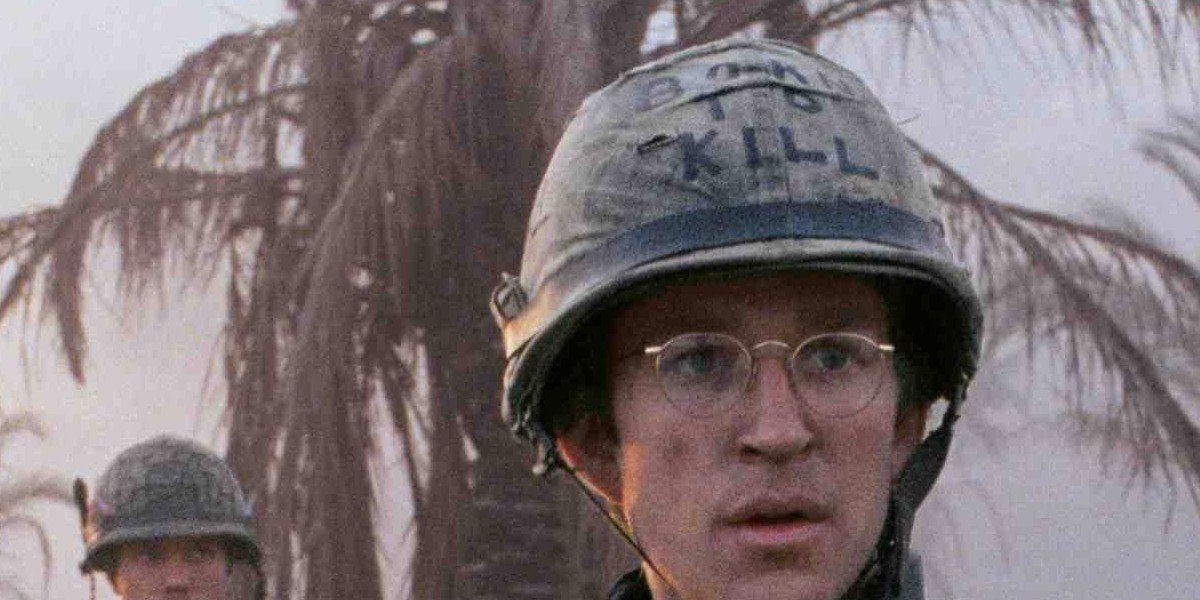
8. Full Metal Jacket (1987)
Anybody who loves Full Metal Jacket—and that obviously includes us—has to admit its one crucial flaw. Only the first half of the movie is a masterpiece. The other half is kind of just meh. But that first half, let me tell you. When anybody thinks of Full Metal Jacket, they instantly think of Vincent D’Onofrio as “Private Pile” and R. Lee Ermey as the profane Gunnery Sergeant Hartman. And both of those characters die in the first half.
Your Daily Blend of Entertainment News
That said, some of the most interesting and Kubrickian moments come after that first half, especially in that ending when the squad is singing the theme to Mickey Mouse. What makes Full Metal Jacket distinctly a Kubrick film though is that it doesn’t really have a stance on war itself, but more so on the people who participate in war. A lot of war films deal with dehumanization, but few, if any, focus on the true effects on the people themselves who are sent off to do the killing, and whether they were already rotten before they even hit the battlefield. A great film, even though only 50% of it is sheer genius.
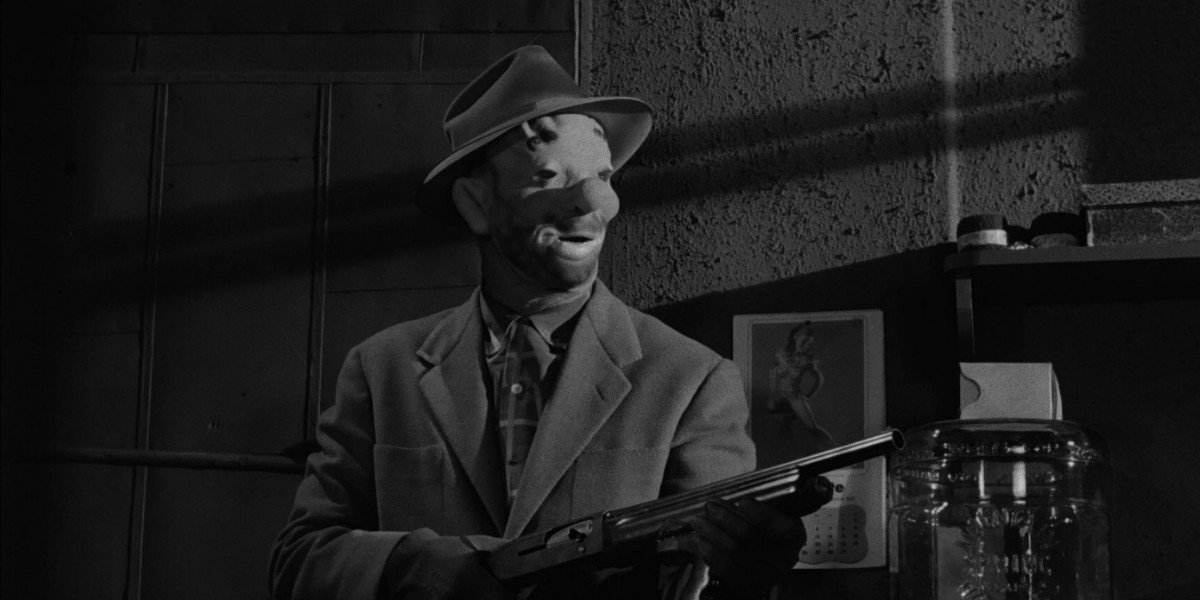
7. The Killing (1956)
At the time compared to the original Scarface and Little Caesar, The Killing is about a successful heist at a race track and the repercussions that follow. It’s often seen as Kubrick’s first serious work, but it’s more than just that. The Killing is a masterclass in filmmaking and a film noir for the ages. It’s also a key inspiration for Tarantino’s Reservoir Dogs. You can see it in the plot and the characters. Much of the story is very similar.
But what makes The Killing so special is how it feels so nihilistic at times. From its robbery to its very last line (“What’s the difference?”), The Killing was a sign of what was to come from Kubrick, but it’s an also overall good picture that never feels boring or slow. I’d say it’s better and smarter than both Scarface and Little Caesar combined.

6. The Shining (1980)
The Shining is probably most people’s favorite Kubrick movie. Well, unless they're Stephen King. Besides its author, everybody loves The Shining. And why wouldn’t they? What Kubrick did for science-fiction with 2001, he also did for horror with The Shining, i.e. classed up the genre. The Shining is about an author who is slowly going crazy and tries to murder his family. But is he being haunted by ghosts, or is he genuinely going insane?
Whereas the book makes it clear that it’s the former, the movie does a great job of making you think it’s the latter. And that’s all Kubrick. In fact, this might be the director’s most maddening work. A whole documentary was made on all the bizarre conspiracy theories that surround it. And when a director might be even crazier than the character in his movie, you know you've entered the Kubrick zone.
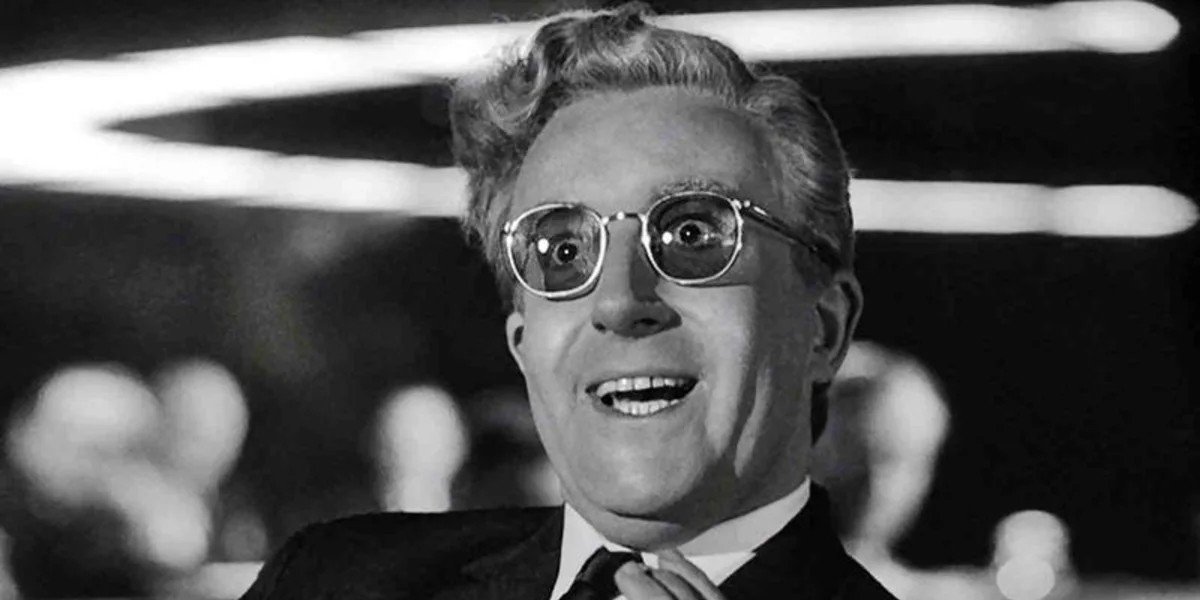
5. Dr. Strangelove or: How I Learned to Stop Worrying and Love the Bomb (1964)
Dr. Strangelove is about a possible nuclear apocalypse, and it’s a comedy. If that’s not Kubrickian, I don’t know what it is. The story, which is set during the Cold War, is about a general who orders an unprompted strike against the Soviet Union, and everybody from other generals to the President -- played by Peter Sellers who takes on three different roles -- have to talk it down to prevent Armageddon.
And it’s actually funny. It’s satire, of course, but Kubrick takes all the grim seriousness of such a possible scenario and makes it utterly ridiculous, with George C. Scott even going so far as tripping over his own feet and generals worrying about our “precious bodily fluids.” And then, you have that famous shot of Slim Pickens riding the bomb. Kubrick rarely tried to be funny, but when he did, it worked. Everything he did worked.
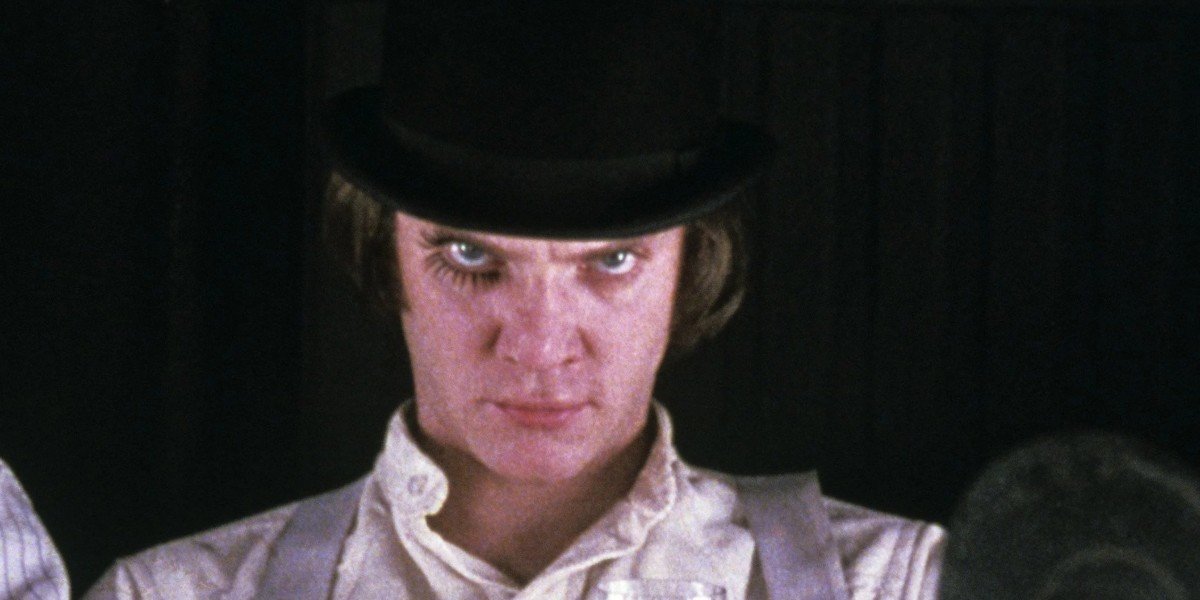
4. A Clockwork Orange (1971)
A Clockwork Orange is definitely Kubrick’s most controversial film, as it was banned in some countries and rated X upon release in the U.S. The story concerns some young men, known as droogs, who like to engage in the old ultraviolence and rape. It’s an unflinching look at youth unchecked (Even though the actors in the movie are adults whereas the characters in the book are closer to teenagers), and it is probably the most Kubrickian film the director ever released.
What I mean by that is that it has all the Kubrick trademarks. Within the first few minutes, it has Kubrick’s “eyes looking up”, which he often utilized to represent madness, it has his nihilism, his hopelessness, and his cynicism. Even the author, Anthony Burgess, disliked the ending of the film, which was different from his book in that the main character, Alex, really learns nothing at the end of the movie and will likely go back to his old ways again. It’s a truly disturbing film and probably the director’s second most iconic, right after 2001.
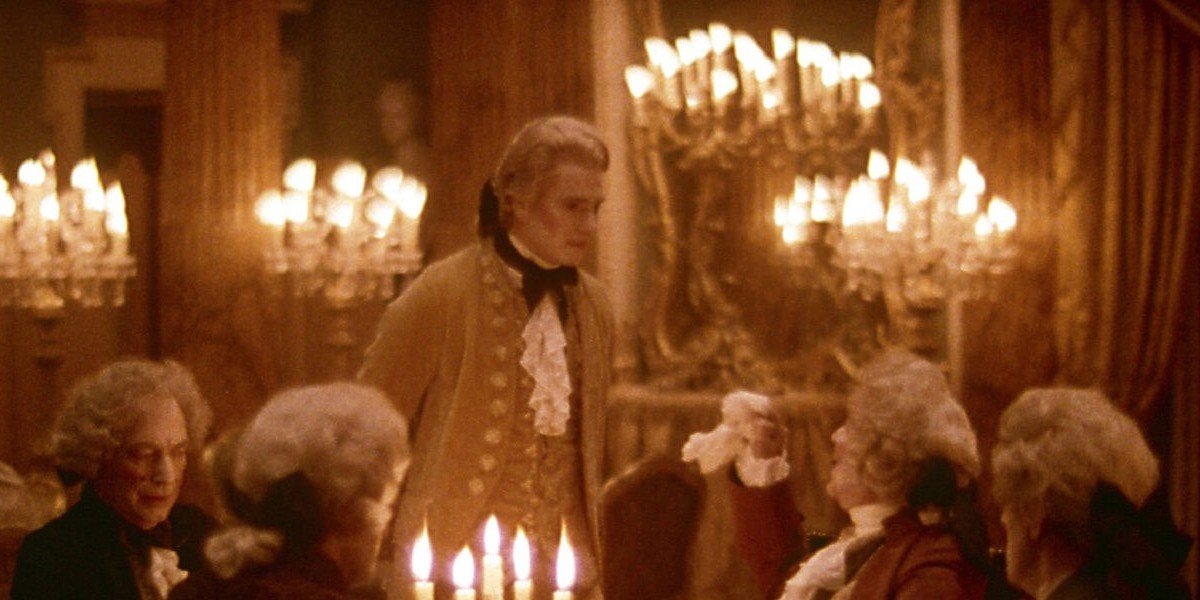
3. Barry Lyndon (1975)
Barry Lyndon is most likely Kubrick’s most disliked movie by the general public since it's slow, and I mean SLOW. But it’s also beautiful. The cinematography often gets the most attention in this film since some of it is modeled after paintings, with a few scenes even using only candle lit lighting. But beyond its esthetics, it’s also a brilliantly told narrative of a jerk who has no remorse for climbing the social ladder. It’s probably Kubrick’s most interesting character study, and one that doesn’t get nearly enough credit.
The film could have actually been Kubrick’s Napoleon project, but that fell through. What we got instead is a film that improves immensely on repeated viewings. If you didn't like Barry Lyndon the first time, seriously, watch it again. You have to be in the right mindset, and once you are, it's a masterpiece.
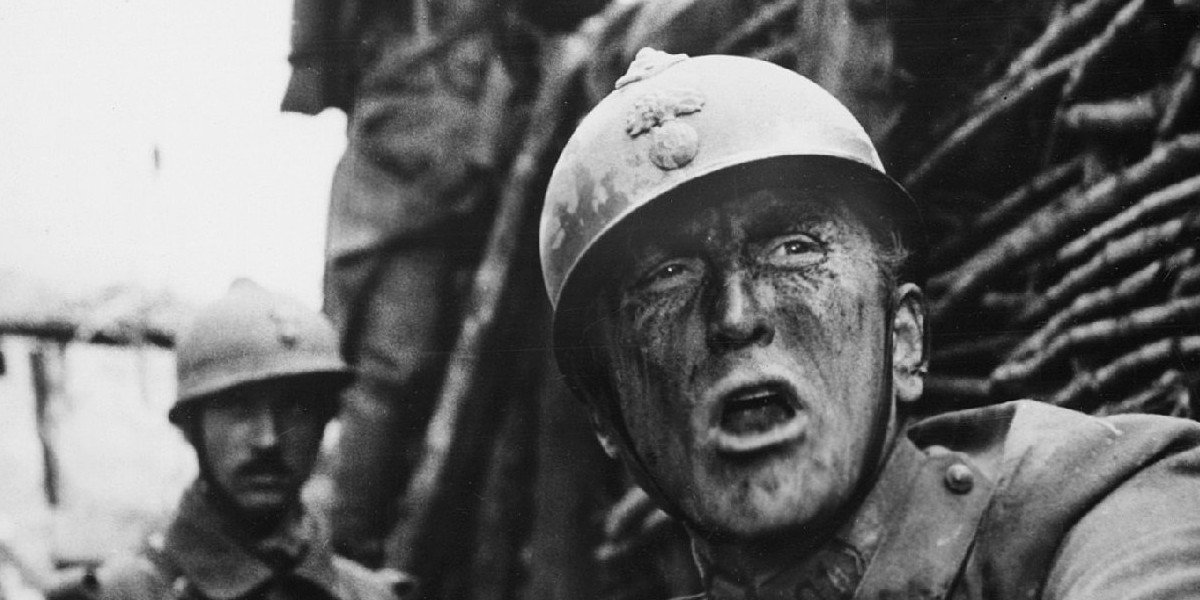
2. Paths of Glory (1957)
Paths of Glory is probably Stanley Kubrick’s most under-appreciated movie. It’s a hidden gem that in many ways surpasses most of his other work in its simplicity, but also its power. Set during World War 1, Kirk Douglas must defend French soldiers in court because they wouldn't go into battle since they knew they would end up dying. But by not going into battle, they are deemed cowards and are set to be executed. The best part is Kirk Douglas. He's definitely hamming it up, but he's also offering probably the greatest performance of his career.
And while Full Metal Jacket is kind of clunky in its messaging, Paths of Glory is very clear. War is bad. War is wrong. And nobody should have to endure what it does to the human spirit. Kubrick doesn’t really have many flourishes in this film, or any of his trademarks, but it’s a brilliant story told brilliantly, and it's one that touches me the most every time I watch it.
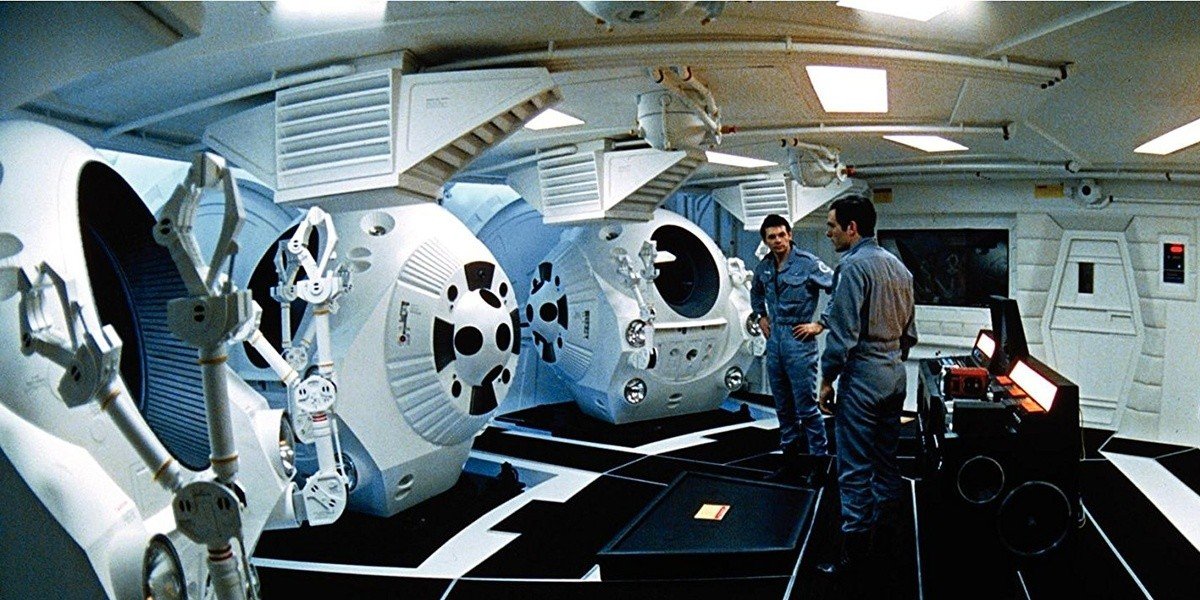
1. 2001: A Space Odyssey (1968)
Could it really be any other picture? Considered one of the greatest films ever made, 2001 is Kubrick’s magnum opus and the film that everybody considers his masterwork. Personally, I think there are plenty of other Kubrick movies I would rather watch than 2001 since I find it incredibly boring, but the general consensus is that Kubrick’s space epic, which he worked on with sci-fi legend, Arthur C. Clarke, is his best work ever, and I understand why.
The music, the atmosphere, the story, the baby in a bubble, the obelisk, that intro with the monkey throwing the bone into space and it transitioning into a satellite, 2001 seems to transcend even Kubrick himself and is widely considered one of the greatest technical feats in the history of cinema. Hal is great. The visuals are great. The story is great. Everything is great. While it might not be as re-watchable as his other films for some of us, 2001 is still the best movie Kubrick ever made, and it will forever be on that higher level. It's lived on past the year in its title and will live on for many years still. That's just how groundbreaking it was.

Rich is a Jersey boy, through and through. He graduated from Rutgers University (Go, R.U.!), and thinks the Garden State is the best state in the country. That said, he’ll take Chicago Deep Dish pizza over a New York slice any day of the week. Don’t hate. When he’s not watching his two kids, he’s usually working on a novel, watching vintage movies, or reading some obscure book.
